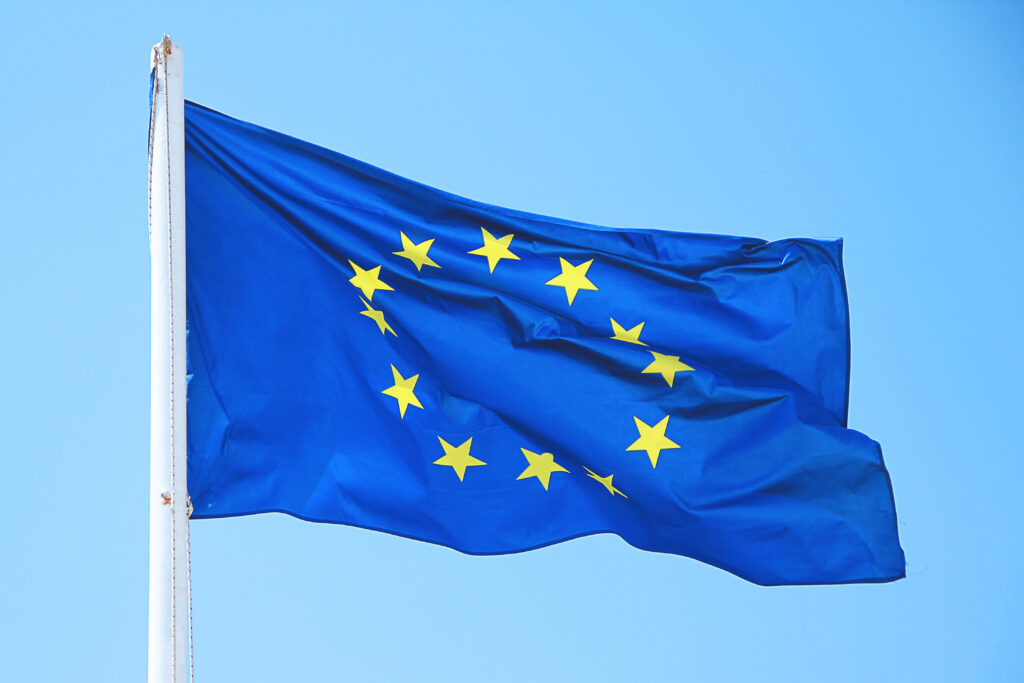The Export Opportunity of Indonesian Coconut Products to the EU Amid Tariff Adjustments
In recent years, global demand for coconut-based products—such as virgin coconut oil (VCO), coconut nectar, coconut shell briquettes, and desiccated coconut—has continued to rise, especially in European Union countries. This presents a significant opportunity for Indonesian exporters, as Indonesia remains one of the world’s largest coconut producers.
However, recent developments regarding the European Union’s import tariffs on agricultural commodities, including those from Indonesia, raise questions: Will these changes pose a barrier or open new doors?
Tariff Adjustments: Challenge or Opportunity?
The European Union enforces strict import tariff policies for agricultural products, partly driven by environmental sustainability and fair trade concerns. In mid-2025, news emerged that some Indonesian exports, particularly palm oil and its derivatives, would face tariff increases due to sustainability and carbon footprint issues.
Fortunately, coconut-based products such as coconut nectar, virgin coconut oil, coconut sugar, and coconut shell briquettes are largely unaffected by these tariff changes. This is because these products are often considered more sustainable and environmentally friendly—especially when produced organically or through regenerative agriculture.
Why Are Indonesian Coconut Products Attractive to the EU Market?
- “Organic” and “Natural” Labels Are on the Rise
European consumers are increasingly health- and eco-conscious. Products like organic coconut oil and coconut nectar are favored for their nutritional benefits and sustainable processing methods.
- Substitute for Refined Sugar and Cooking Oils
Coconut nectar and coconut sugar are popular as natural sweeteners, while virgin coconut oil is used as a healthier alternative to processed vegetable oils, especially in vegan and health-conscious markets.
- Sustainability and Fair Trade Values
Countries like Germany, the Netherlands, and France put strong emphasis on sustainability and ethical sourcing. Fair trade and organic-certified products from Indonesia have great potential to secure long-term buyers and loyal customers in these markets.
How Indonesian Exporters Can Win in the EU Market
To fully capture this opportunity, Indonesian exporters should consider the following strategies:
- Get Certified: Certifications such as EU Organic, USDA Organic, HACCP, and Fair Trade are essential.
- Build a Sustainable Brand: Highlight stories of local farmer empowerment, natural production methods, and eco-conscious practices.
- Expand Product Range: Don’t just export raw coconuts—develop value-added products like coconut butter, coconut milk powder, coconut vinegar, or eco-friendly charcoal briquettes.
- Understand EU Regulations: Stay updated on EU requirements related to food safety, environmental impact, and supply chain transparency (traceability).
Conclusion
Despite regulatory challenges, the European Union remains a highly promising market for Indonesian coconut products. With the right certifications, branding, and export strategy, Indonesian producers can position themselves not just as suppliers, but as global leaders in sustainable tropical agriculture.
As tariff walls rise for some industries, the door remains wide open for clean, sustainable, and innovative coconut-based products from Indonesia.


